Building a Better Website: The Best WCM Platforms of 2024

Introduction
A strong web content management (WCM) platform is a cornerstone for businesses looking to efficiently create, manage, and optimize their online content. Beyond publishing, modern WCM systems enable streamlined workflows, multi-channel distribution, and seamless integrations with essential business tools, ensuring a cohesive and impactful digital experience.
Whether you’re running a corporate website, launching an e-commerce platform, or managing a content-rich blog, the right WCM solution can transform how you connect with your audience and achieve your goals. Below, we’ve compiled a list of the Top 10 Web Content Management Platforms for 2024, showcasing solutions that are reshaping the industry.
Top 10 Web Content Management Platforms for 2024
1. Adobe Experience Manager (AEM)
Adobe Experience Manager leads the WCM market with its ability to deliver personalized experiences at scale. Its suite of tools empowers businesses to create, manage, and optimize content across channels effortlessly.
Best For: Enterprises prioritizing omnichannel customer engagement.
Key Features: AI-driven insights, seamless integration with Adobe products, and robust scalability.
2. Sitecore Experience Platform
Sitecore combines content management with customer insights to create highly personalized digital experiences. This platform is ideal for businesses focused on delivering targeted, data-driven content.
Best For: Companies seeking advanced personalization and analytics.
Key Features: AI-powered recommendations, deep analytics, and omnichannel support.
3. WordPress VIP
WordPress VIP elevates the capabilities of the traditional WordPress platform with enterprise-level functionality, offering unmatched scalability and security for large-scale projects.
Best For: Organizations that need a scalable and secure CMS with custom capabilities.
Key Features: Open-source flexibility, enterprise-grade security, and extensive customization options.
4. Drupal
Drupal is an open-source CMS that provides exceptional flexibility and control. Its developer-focused approach makes it ideal for complex, highly customized projects.
Best For: Complex web solutions requiring extensive customization.
Key Features: API-first architecture, extensive module library, and multilingual support.
5. HubSpot CMS Hub
HubSpot CMS Hub bridges content management with marketing tools, offering an all-in-one solution for businesses aiming to attract and engage audiences while tracking their performance.
Best For: Marketing teams needing integrated content and CRM tools.
Key Features: Drag-and-drop editing, SEO optimization, and built-in analytics.
6. Joomla
Joomla is a versatile open-source platform that balances user-friendly functionality with robust customization, making it a popular choice for small to mid-sized businesses.
Best For: Medium-sized businesses with diverse content needs.
Key Features: Multilingual capabilities, extensive extensions, and flexible design options.
7. Squarespace
Squarespace is well-loved for its elegant templates and user-friendly design tools, offering a straightforward solution for small businesses and creative professionals.
Best For: Small businesses and individuals needing visually stunning websites.
Key Features: Built-in e-commerce, drag-and-drop customization, and SEO tools.
8. Wix Enterprise
Wix has expanded its offerings to support larger-scale businesses with advanced functionality, maintaining its easy-to-use interface and wide range of templates.
Best For: Businesses looking for simplicity combined with enterprise-level capabilities.
Key Features: Scalable cloud hosting, custom analytics, and robust e-commerce options.
9. Contentstack
Contentstack is a headless CMS that combines flexibility with powerful APIs to deliver content seamlessly across platforms, ideal for multi-channel strategies.
Best For: Dynamic content delivery across multiple channels.
Key Features: API-first design, advanced personalization, and workflow automation.
10. Magnolia CMS
Magnolia CMS offers a modular, lightweight platform that can be customized to suit the unique needs of enterprises, ensuring flexibility and scalability.
Best For: Enterprises needing a modular and highly integrative platform.
Key Features: Personalization, API-driven architecture, and seamless integration options.
Spotlight on Orbitype: A Rising Star in Web Content Management
While many platforms in the WCM space offer powerful features, Orbitype is setting itself apart as a modern, flexible, and user-centric solution. Designed to meet the demands of both businesses and developers, Orbitype offers a unified platform that simplifies workflows, enhances productivity, and adapts to your unique requirements.
Why Orbitype is Gaining Momentum
Orbitype combines the best aspects of web content management with forward-thinking innovations, making it a standout choice for organizations aiming to scale their digital operations.
Unified Content Management: With Orbitype, businesses can manage all their data, tools, and files in one centralized platform, eliminating the inefficiencies of juggling multiple systems.
Seamless Collaboration: Teams can collaborate effortlessly, streamlining content creation, approval, and publishing workflows.
No Lock-In Architecture: Orbitype offers unparalleled flexibility, allowing businesses to integrate it with their existing tools and scale as needed.
Orbitype Use Cases
Orbitype’s versatility makes it suitable for a wide range of applications, including:
1. Headless CMS
Orbitype functions as a powerful headless CMS, enabling businesses to deliver content across multiple platforms while maintaining full control over backend data.
Ideal for creating corporate websites, blogs, and multi-channel campaigns.
Integrates seamlessly with front-end frameworks like React, Angular, and Vue.js.
2. CRM Integration
For businesses looking to streamline customer relationship management, Orbitype connects your website with CRM tools to centralize customer data and automate workflows.
Simplifies lead management and customer interactions.
Offers easy integration with popular CRM platforms.
3. Document Management System (DMS)
Orbitype’s DMS capabilities make it a great choice for businesses undergoing digital transformation.
Organize, store, and retrieve documents effortlessly.
Connect critical business data for better decision-making.
4. Internal Tool Development
Orbitype empowers developers to build custom internal tools using its unified API and auto-generated UIs.
Create tools for team collaboration, project management, and data analysis.
Automate internal workflows to improve productivity.
5. Automations and Flows
With Orbitype, businesses can design custom automations and workflows tailored to their operations.
Eliminate manual processes and reduce errors.
Enhance efficiency with streamlined task management.
Why Choose Orbitype for Your Business?
Orbitype isn’t just another web content management platform—it’s a comprehensive solution designed for scalability, efficiency, and innovation. Whether you’re building a small business website, a corporate platform, or a dynamic app, Orbitype provides the tools you need to succeed in the digital space.
Discover how Orbitype can redefine your content management strategy and give your team the tools to excel.
Conclusion:
The web content management industry is evolving rapidly, offering a wide range of tools to help businesses deliver exceptional digital experiences. From established leaders like Adobe Experience Manager and Drupal to emerging innovators like Orbitype, there’s a solution for every need and scale.
Whether you’re focused on optimizing workflows, enhancing audience engagement, or scaling your online presence, the right WCM platform can make all the difference. As you explore your options for 2024, consider what features and capabilities align best with your business goals.
Which WCM platform do you think will lead the way in 2024? Share your thoughts and experiences in the comments below!
Read more
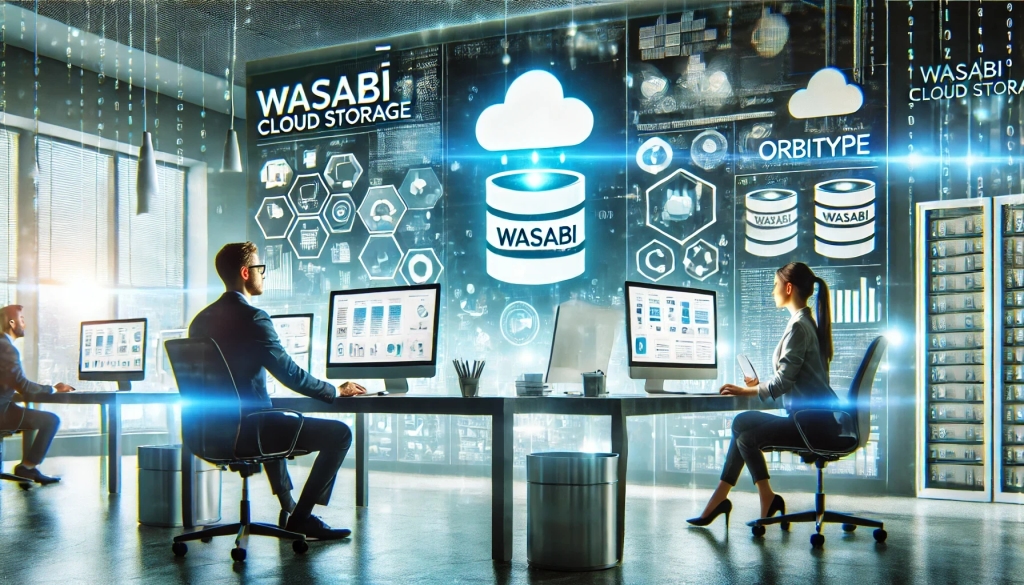
Seamless Data Management: Integrating Wasabi Cloud Storage with Orbitype
Boost your CMS performance with Wasabi Cloud Storage and Orbitype integration. Learn how this cost-effective, scalable solution enhances data management and delivers exceptional results.
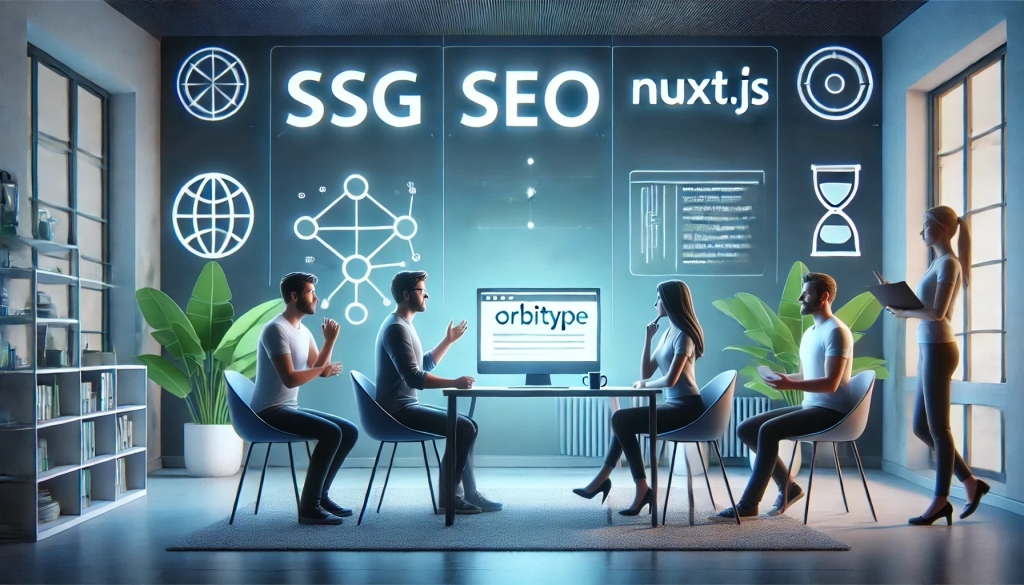
Integrating Orbitype with Nuxt.js for Optimal Performance and SEO
Leveraging Orbitype, a robust headless CMS, with Nuxt.js, a Vue.js framework, provides developers a powerful solution for building fast, SEO-optimized websites. This blog post explores how the integration of Orbitype and Nuxt.js harnesses the benefits of static site generation (SSG) and server-side rendering (SSR), thanks to Orbitype's API-driven content management system.
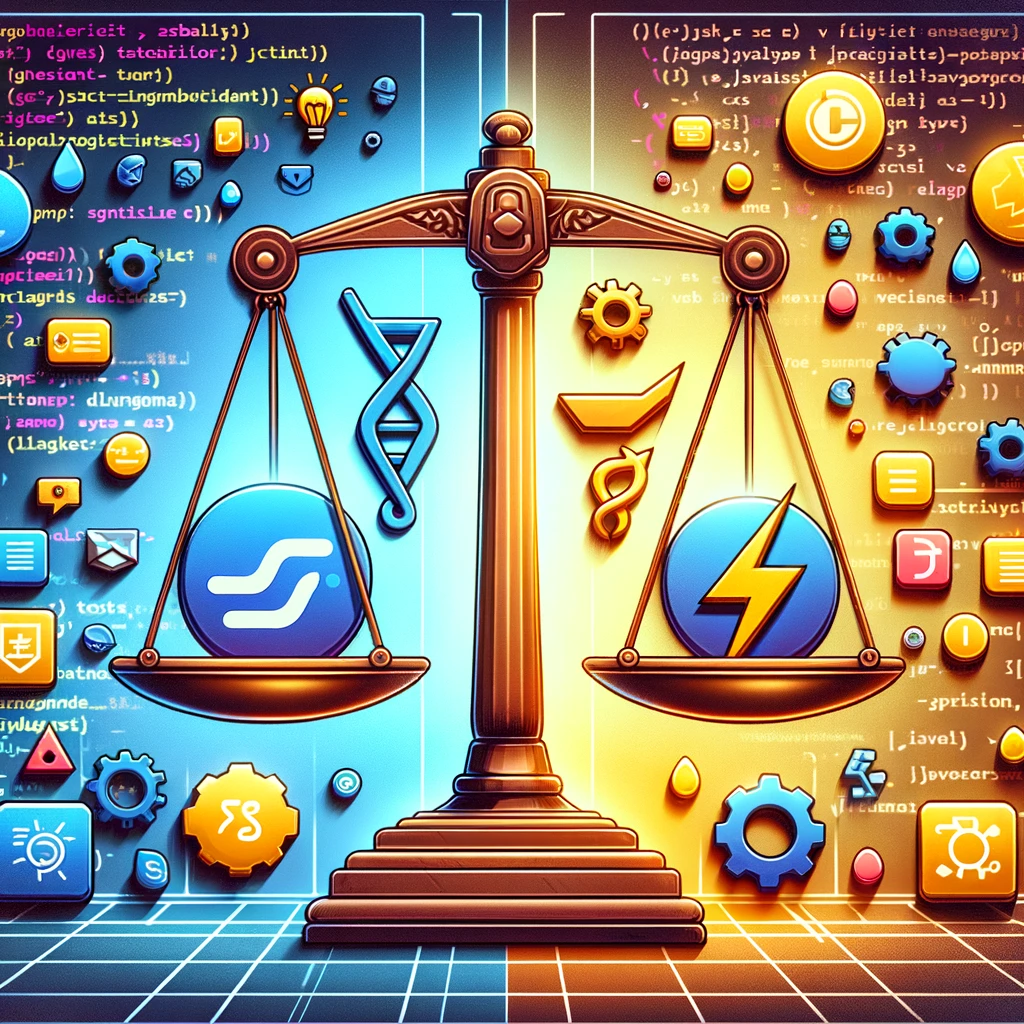
TypeScript vs. JavaScript
Discover the synergy between TypeScript and JavaScript for web development. Learn how Orbitype supports Nuxt CMS, headless CMS for Nuxt, and future-ready digital trends.
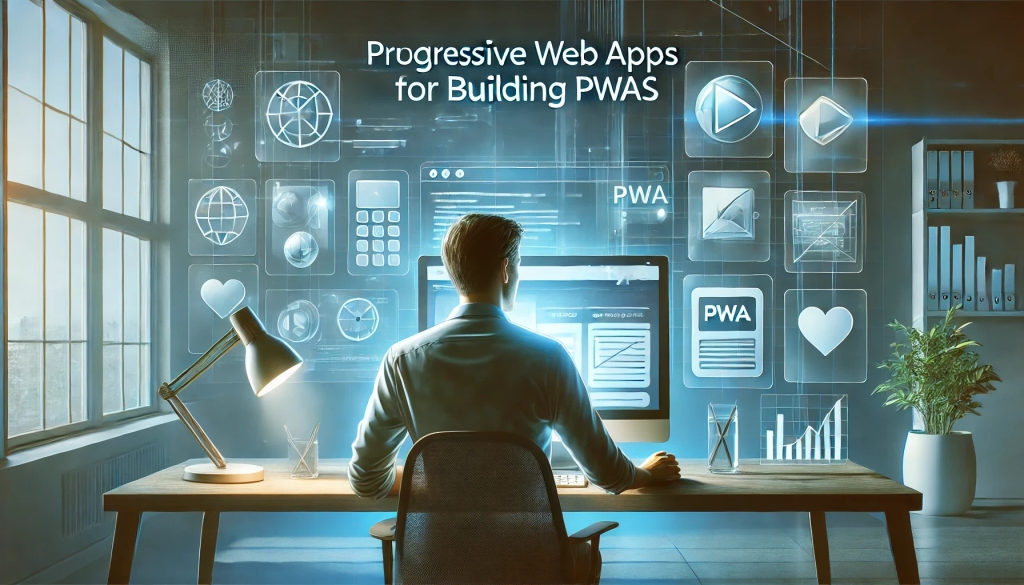
Building Progressive Web Apps (PWAs) with Orbitype
Explore how Orbitype enhances Progressive Web Apps (PWAs) with optimized performance, offline capabilities, and seamless content management for superior user experiences.
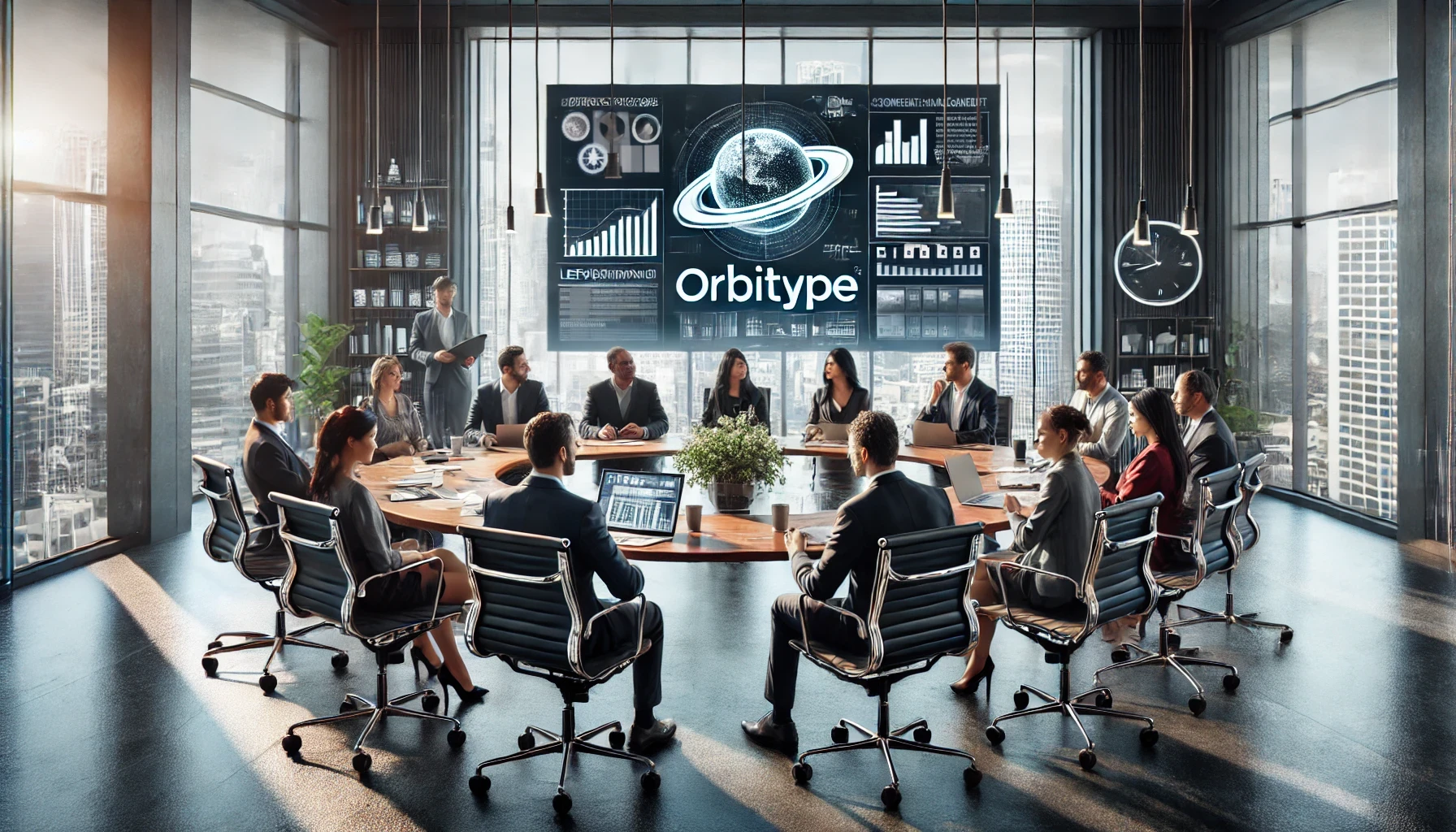
Leveraging Orbitype for Efficient Content Management in E-Commerce
nhance your e-commerce performance with Orbitype CMS. This scalable headless CMS simplifies content management, boosts SEO, and seamlessly integrates with Shopify, WooCommerce, and Magento for dynamic, flexible solutions.

Mastering Third-Party Integrations with a Headless CMS for Efficient Workflows
Streamline workflows and scale your business with seamless third-party integrations using Orbitype's flexible headless CMS—designed for efficiency, automation, and growth.
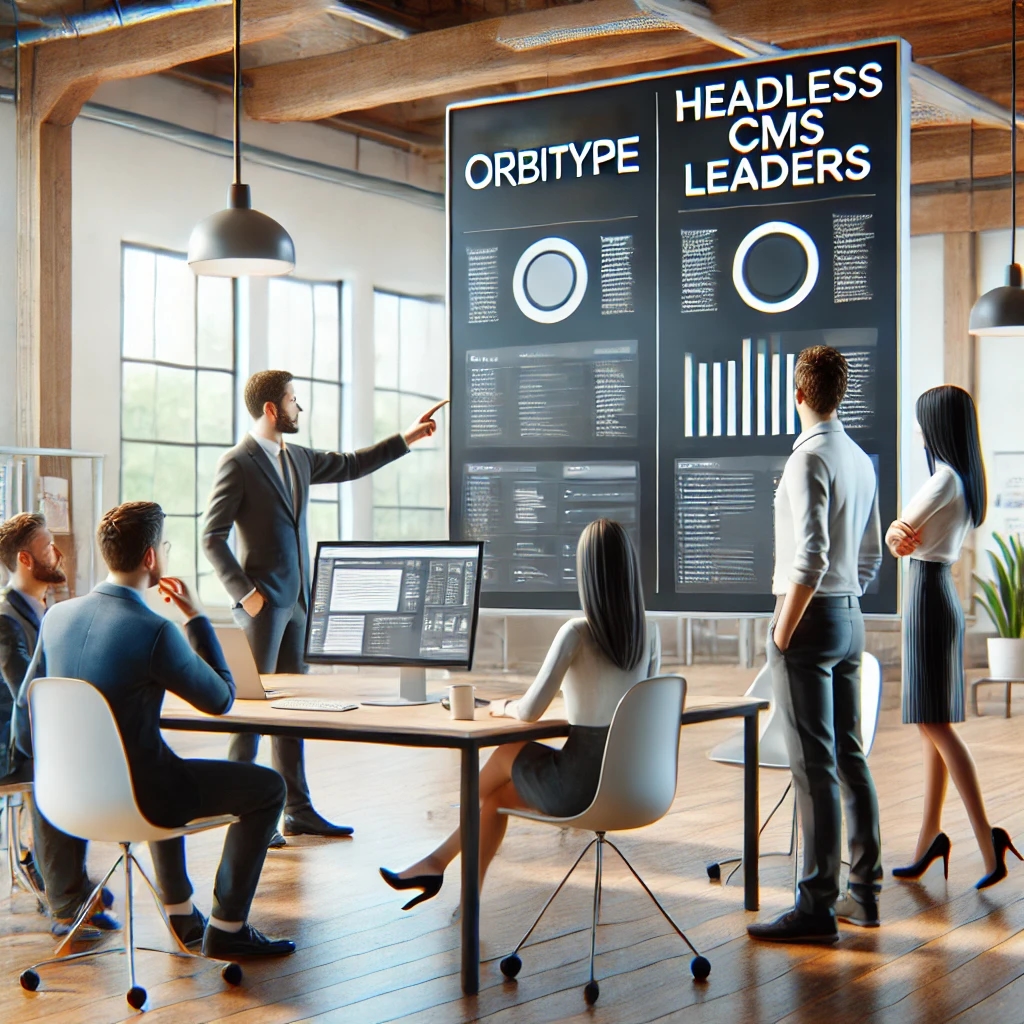
How Orbitype Compares to Headless CMS Leaders in 2025
Struggling to choose the best CMS? Discover how Orbitype compares to headless CMS leaders in 2025, solving complexity and scalability challenges with ease. Try Orbitype!
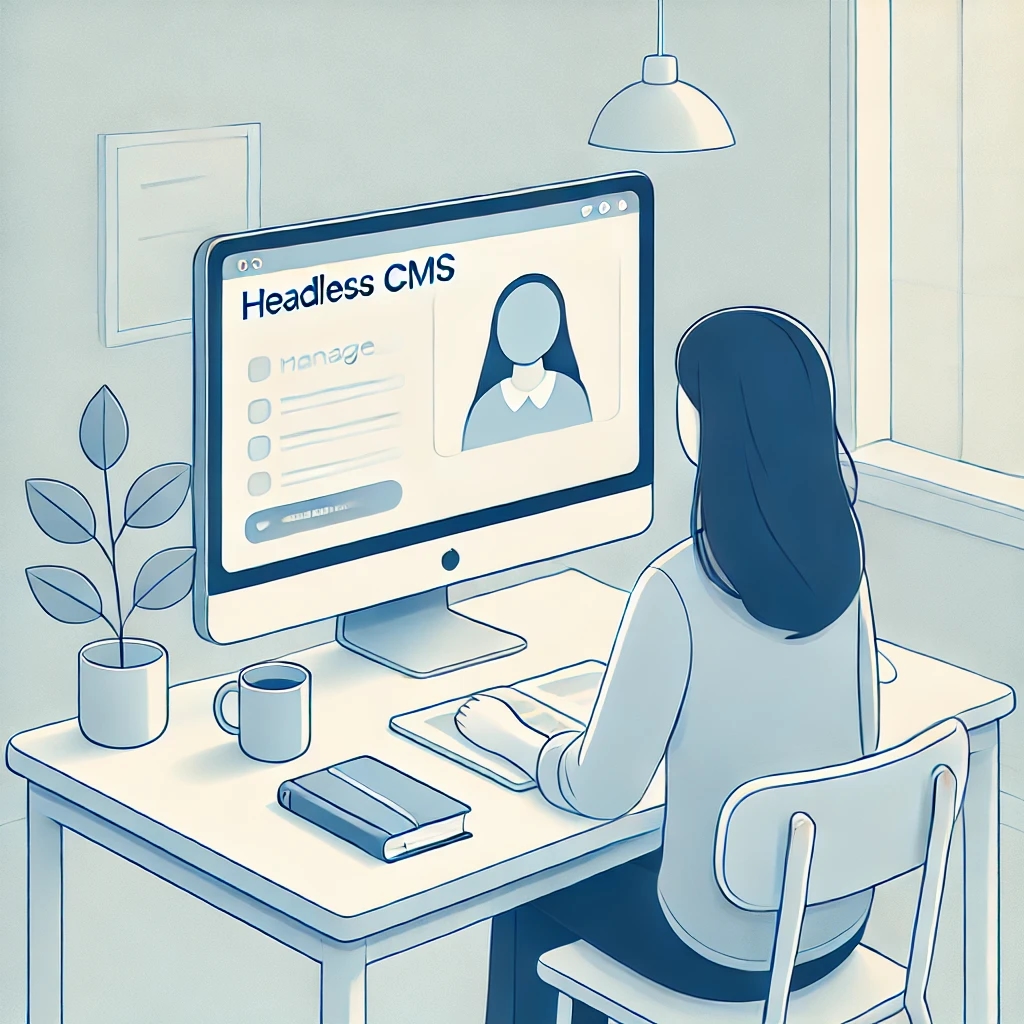
How Educational Institutions Benefit from Headless CMS for Online Learning
Enhance online learning with a Headless CMS. Discover how centralized content management, scalability, and seamless multi-channel access can transform educational platforms.
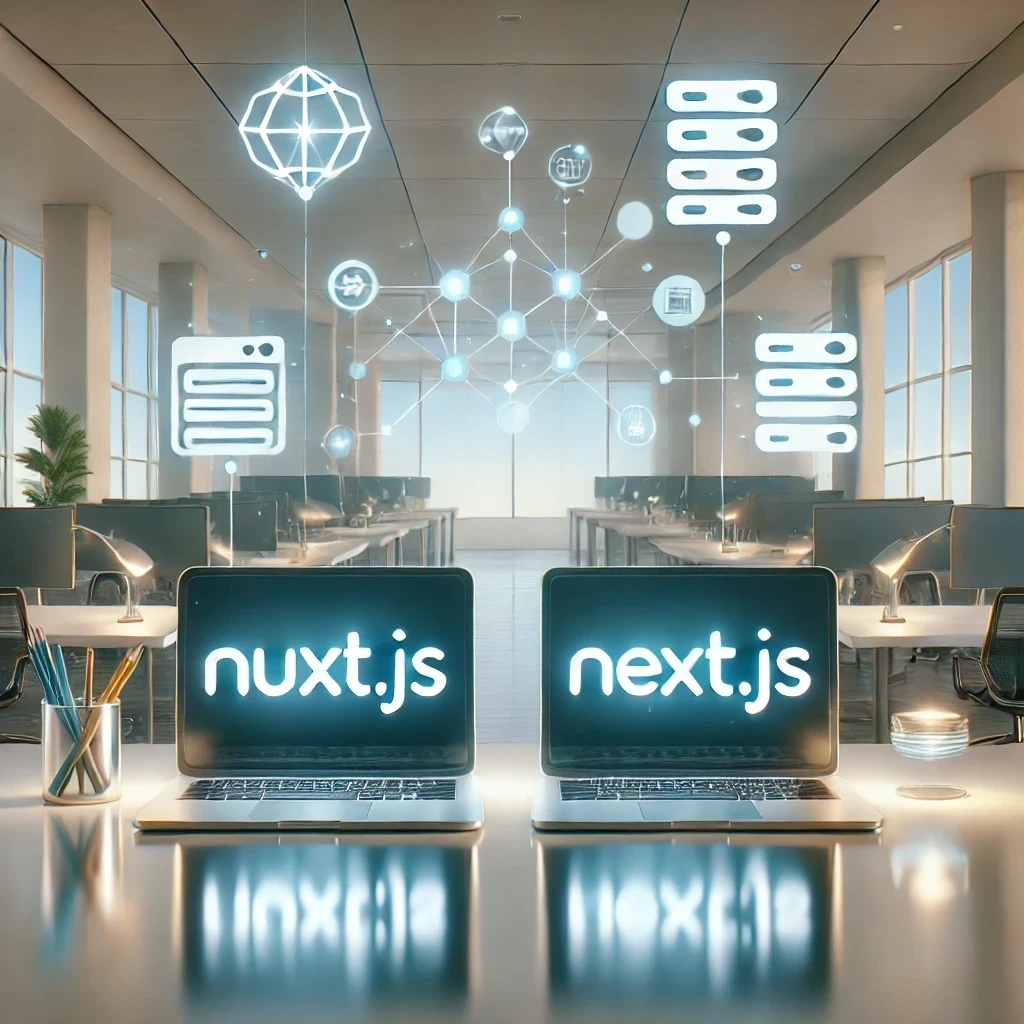
Nuxt vs Next: Which Framework Works Best with Headless CMS?
Compare Nuxt.js and Next.js to find the best frontend framework for your Headless CMS. Discover which offers better performance, scalability, and flexibility for dynamic web projects.
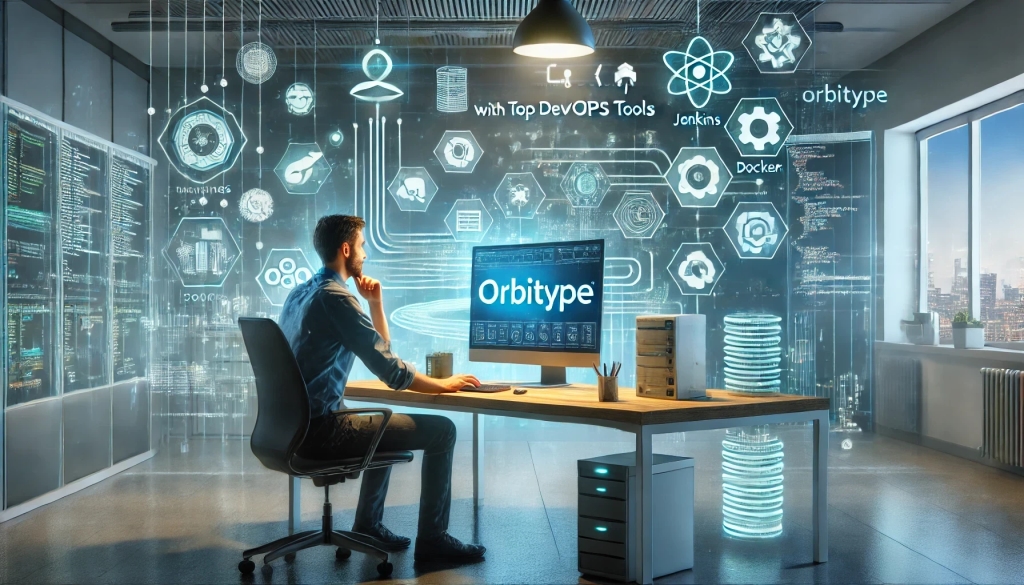
Streamlining Development: Integrating Orbitype with Top DevOps Tools
Discover how to integrate Orbitype with leading DevOps tools like Jenkins, Docker, and Kubernetes. Learn best practices for automating deployments, containerizing Orbitype, and scaling efficiently while streamlining workflows for continuous integration and delivery.

Building High-Performance Vue Apps with a Headless CMS
Discover how to optimize Vue.js apps with a Headless CMS for high performance, scalability, and SEO. Learn best practices and tools for creating dynamic web apps.

SQL or NoSQL: What's Best for Mobile Applications Using Orbitype?
Explore Orbitype, the ultimate headless CMS for React developers, offering seamless content management, enhanced performance, and flexibility to create dynamic web applications with ease. Learn how Orbitype simplifies workflows and boosts productivity.
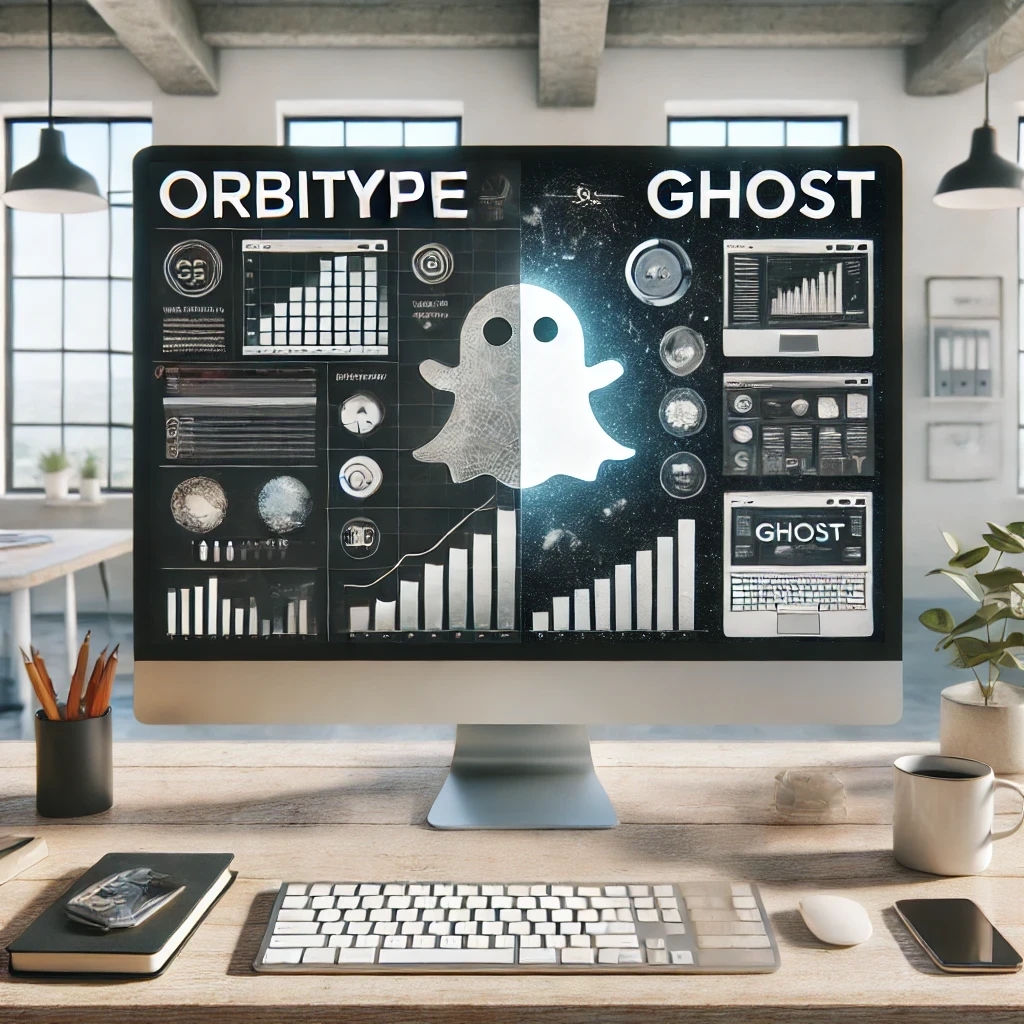
Comparing Orbitype and Ghost: Best CMS for Blogging in 2025
Compare Orbitype and Ghost to find the best CMS for blogging in 2025. Discover which platform suits your goals, from scalability to simplicity and dynamic content
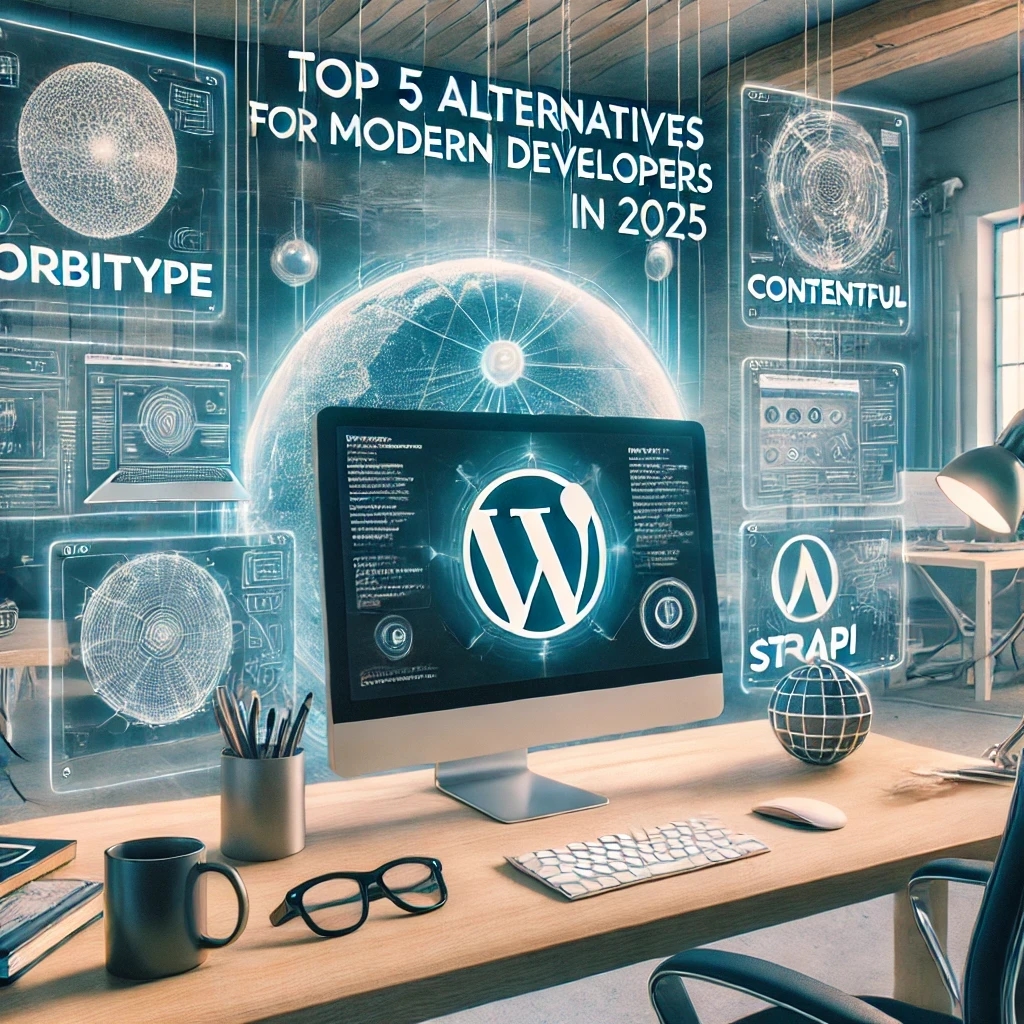
Top 5 Alternatives to WordPress for Modern Developers in 2025
Discover the top WordPress alternatives for 2025, including Orbitype, Contentful, and Strapi. Explore modern CMS platforms offering scalability, flexibility, and cutting-edge tools for developers.

Security and Compliance in Headless CMS: Focus on Orbitype
Explore headless CMS security with Orbitype: advanced authentication, data encryption, and compliance with GDPR & CCPA. Learn best practices for secure CMS operations.

10 Tips for Optimizing Core Web Vitals in Headless CMS Websites
Discover 10 actionable tips to optimize Core Web Vitals for Headless CMS websites. Improve performance, SEO, and user experience with these essential strategies.
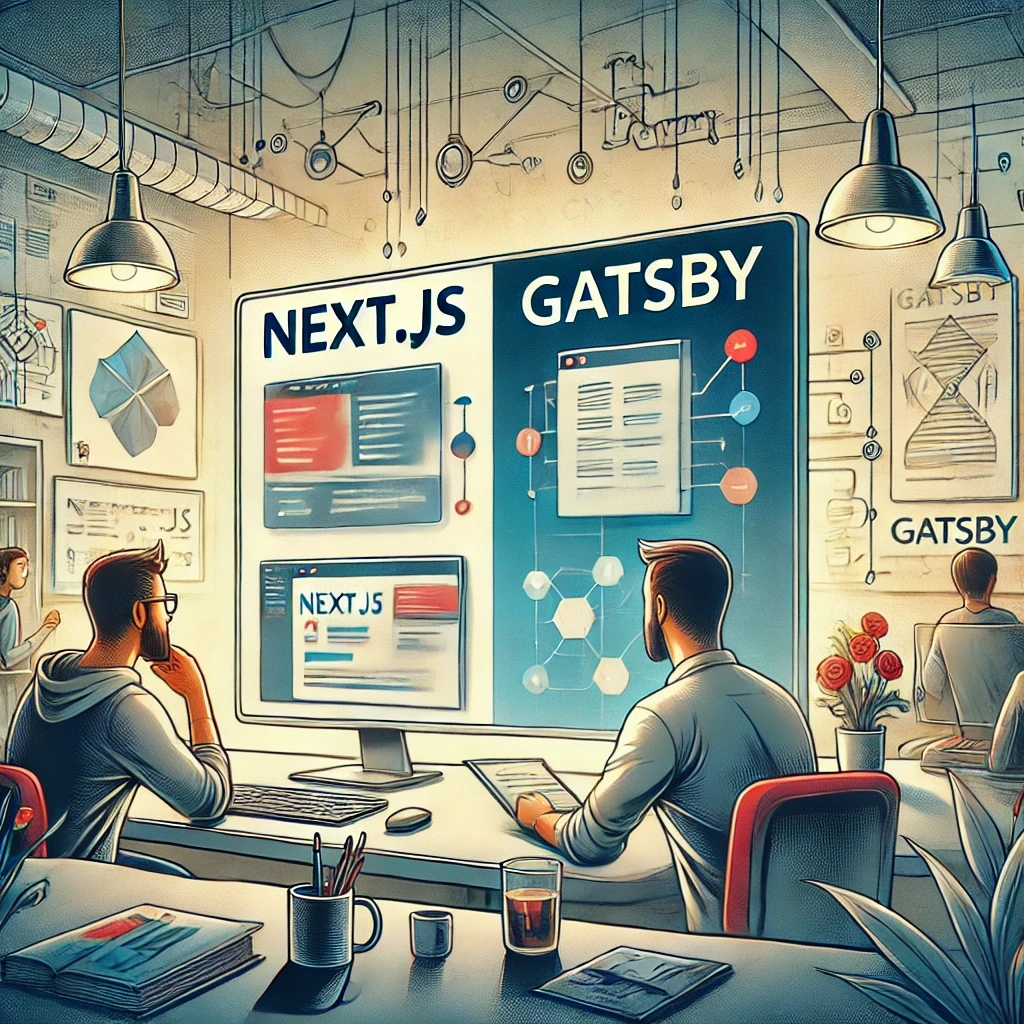
Next.js vs Gatsby: Which Works Best With a Headless CMS?
Choosing between Next.js and Gatsby can be challenging when working with a Headless CMS. This guide breaks down their strengths and helps you decide which framework works best for your dynamic or static content needs.

CMS for Vue.Js - Orbitype Headless CMS
Explore Orbitype, the best Headless CMS for Vue.js, offering seamless API integration, dynamic content management, and unmatched performance for interactive front-end development.
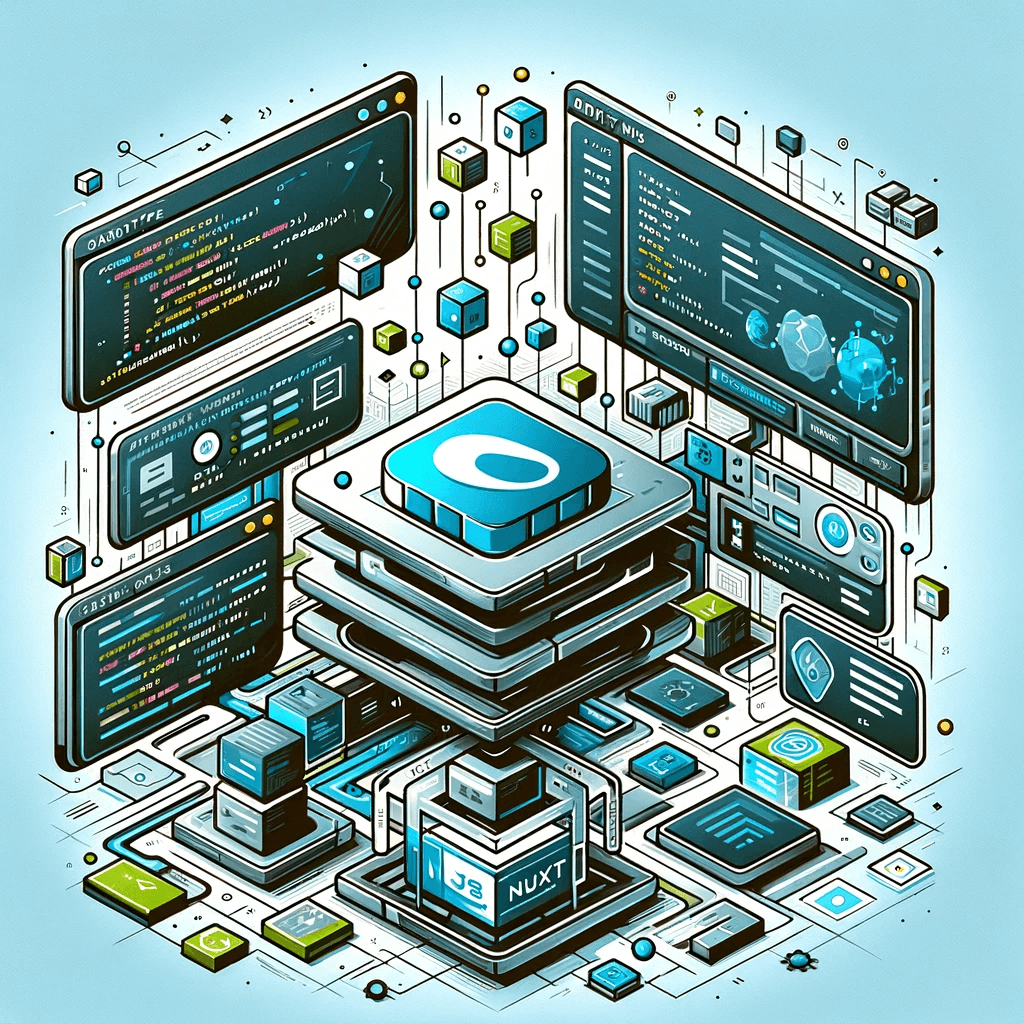
CMS for Nuxt - Orbitype Headless CMS
Optimize your Nuxt.js projects with Orbitype, the API-first Headless CMS offering scalable content management, multimedia repositories, and enhanced SEO for modern web applications.

Best Headless CMS Solutions for Portfolio and Personal Websites
Showcase your work with ease using Orbitype—the ultimate Headless CMS for portfolio and personal websites. Enjoy seamless integration, powerful customization, and SEO-friendly features designed for creators and developers.
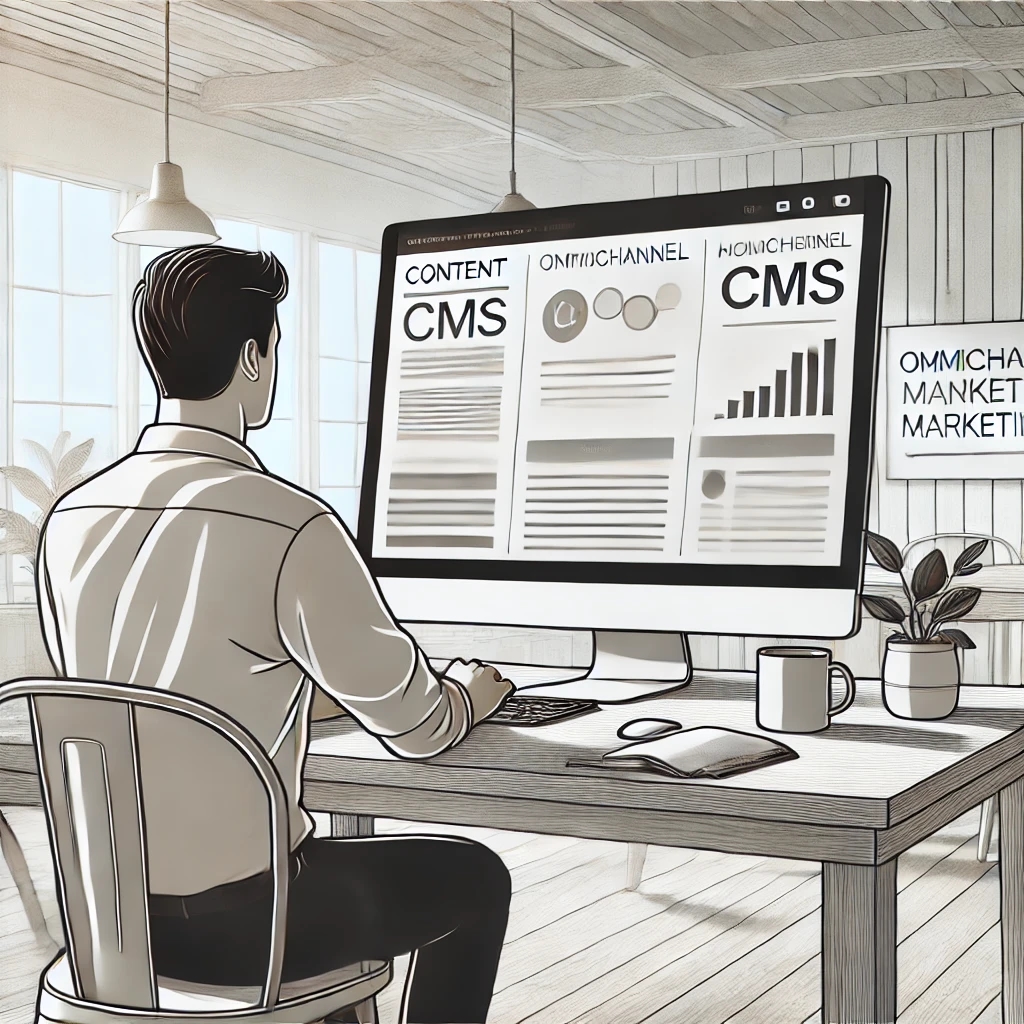
How Headless CMS Empowers Omnichannel Marketing Strategies
Boost your omnichannel marketing strategy with a Headless CMS. Centralize content management, deliver personalized customer experiences, and ensure consistency across platforms.
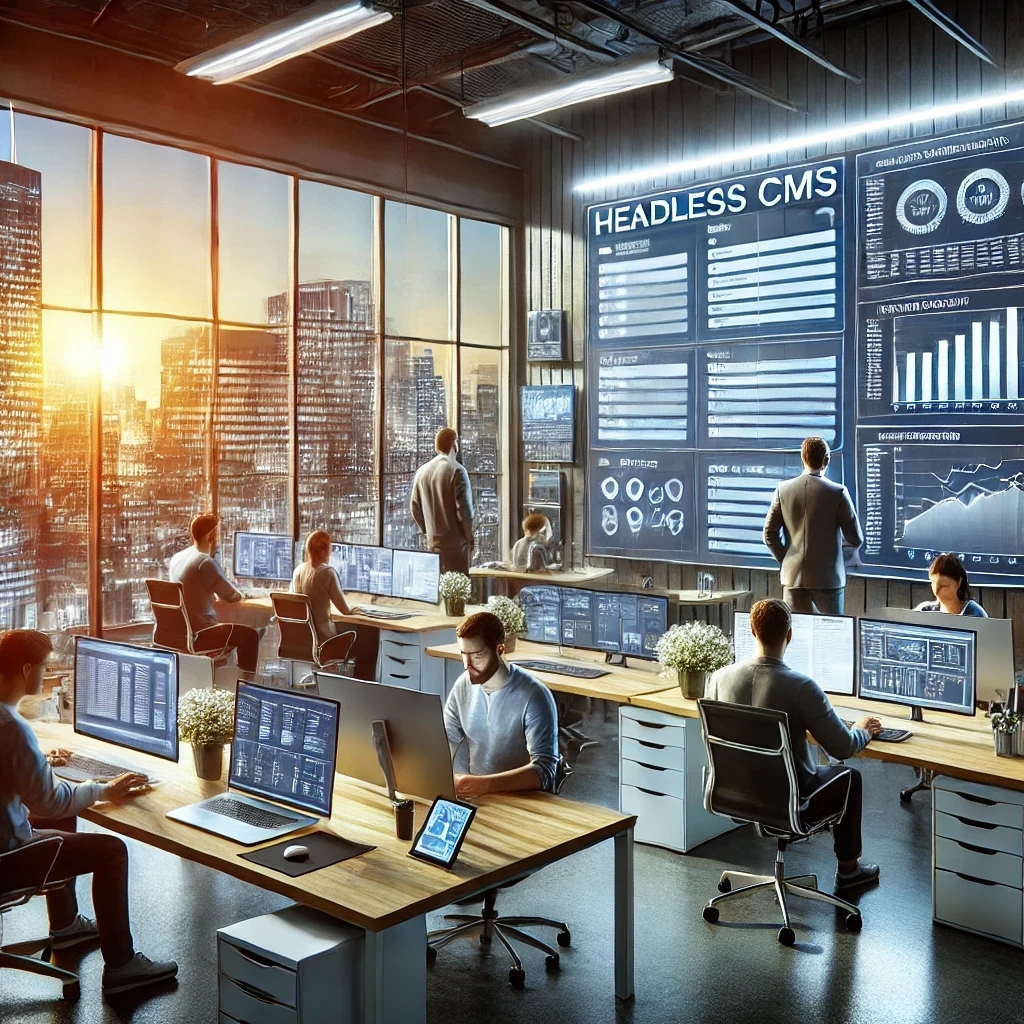
How to Scale Your Website with a Headless CMS for High Traffic
Scale your website effortlessly with a headless CMS like Orbitype—achieve faster load times, seamless scalability, and reliable performance during high-traffic surges

CMS for React - Orbitype Headless CMS
Orbitype is the ideal CMS for React developers, combining seamless API integration, flexible content management, and scalability to create fast, dynamic, and customizable web applications effortlessly.
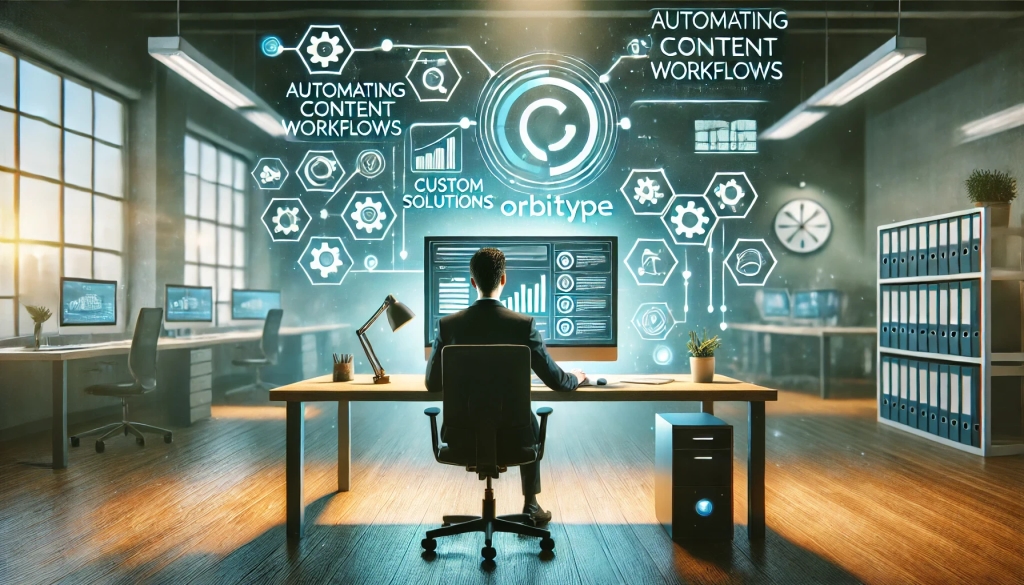
Automating Content Workflows with Orbitype’s Custom Solutions
Discover how Orbitype's custom CRM and ERP solutions revolutionize content workflows. Automate processes, reduce manual tasks, and improve productivity for software development agencies with tailored tools for seamless collaboration and efficiency.